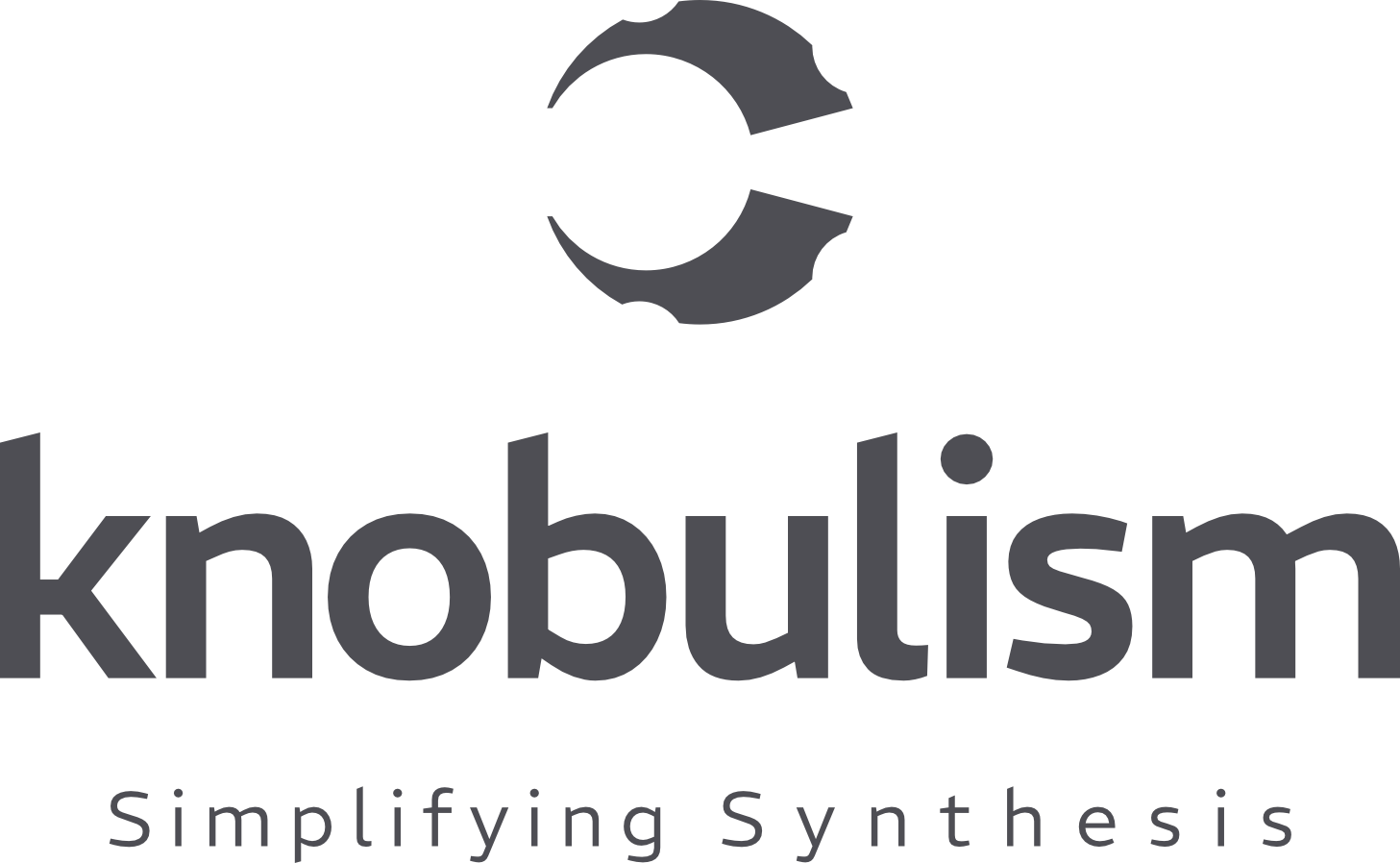A low-frequency oscillator (LFO) is a module that generates control voltage at a frequency typically below 20 Hz. It’s commonly used to modulate parameters like pitch, amplitude, or filter cutoff frequency, creating effects like vibrato, tremolo, and phasing. LFOs can produce waveforms such as sine, triangle, square, or sawtooth waves, but more complex waveforms are also possible. They are typically used to add motion to a sound or automate a parameter.
Low-frequency oscillator
Synonyms:
LFO, LFOs, low frequency oscillator



